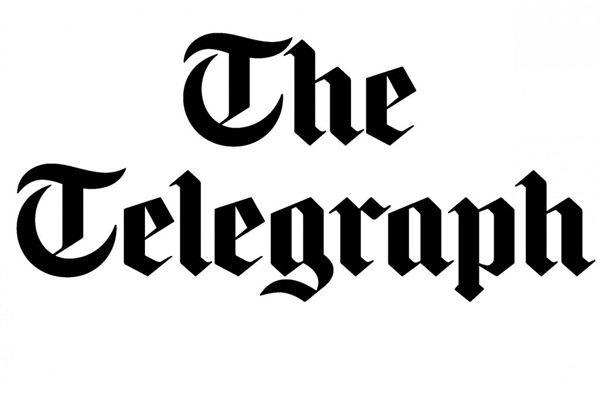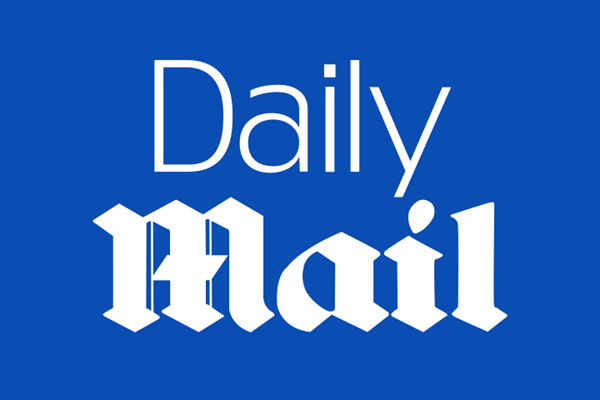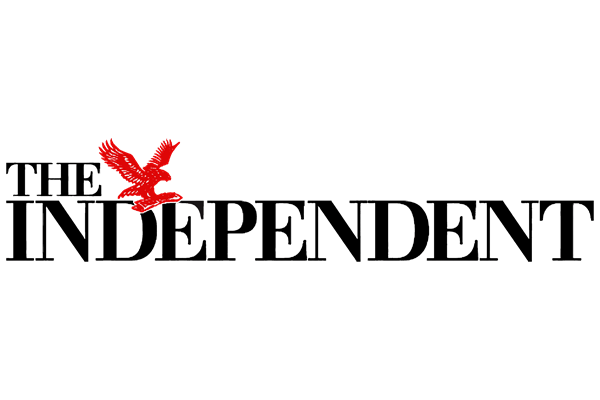A selection of our recent appearances in the UK media.

The Sunday Times
22 November 2025
Chancellor to scrap two-child benefit cap but pledge welfare reform
Reeves plans to: raise tens of billions of pounds by freezing income tax thresholds for an extra two years to 2030; impose national insurance above a new cap on salary sacrifice schemes, affecting pension pots; revalue council tax on the top-band properties and impose a surcharge on the most expensive; and introduce a pay-per-mile scheme on electric cars.
However, a poll by the More In Common think tank suggests that 67 per cent of Britons would rather Reeves filled the fiscal black hole by cutting spending on public services than by raising taxes on working people.
The survey of 2,007 people between November 18-19 also found that 47 per cent of people say that extending the freeze would break Labour’s manifesto promise not to raise income tax.

The Telegraph
21 November 2025
I am British and I am Jewish. Here I stand
In fact much of my local area is suffused with memories of that terrible day. Even a visit to my local kosher shop – a favourite for its chopped liver – is shadowed by tragedy: Melvin Kravitz, who worked there, was one of the two victims. It’s hard not to think of his family’s harrowing grief while browsing the aisles.
So it’s hardly surprising that, according to new research by think tank More in Common, the attack on Heaton Park synagogue is cited as a key reason why nearly half of those surveyed believe the UK is no longer a safe place for Jewish people.

The Guardian
21 November 2025
Labour MPs face a serious dilemma on asylum seekers – but this is not the way out of it
The polling group More in Common finds not just the wider public, but a majority of Labour and Green voters – yes Labour and Green – support much of the government’s Danish-style ruthlessness. “In both language and substance, Shabana Mahmood is much more in line with the median Brit than either the Labour left or Reform,” says Luke Tryl, director of More in Common.
His polling finds that on the harshest items, a majority of both Labour and Green voters back these plans: prioritising sending asylum seekers home rather than integrating them in the UK; requiring financial guarantees before bringing in family. A majority of Labour voters, and more Green supporters than not, also support giving refugees only a temporary right to stay; only allowing permanent residency if they speak good English and have a full-time job; and only granting asylum to those personally targeted by a regime, not just fleeing wars. There are 59 active, state-based conflicts around the world, more than at any time since the second world war.

The Daily Mail
20 November 2025
Nearly half of British people think the UK is unsafe for Jewish people in the wake of the Heaton Park synagogue attack, a major new study has found.
Fears about anti-Semitism have also increased since the attack, with six in 10 people saying they are concerned about its rise during the Middle East conflict.
Alongside this, the public's patience for protest marches is also wearing thin with two thirds of people saying the most disruptive should be banned.
Luke Tryl, director of More in Common UK, warned that 'divisions over the conflict have seriously strained trust in Britain's media organisations, institutions and politicians'.
'The Government, civil society and those most engaged in the conflict need to do more to find ways out of the growing cycle of polarisation that risks inflicting lasting scars on social cohesion in the UK,' he said.

The Independent
20 November 2025
Four in 10 Britons would consider ending friendships over views on Israel-Palestine
The Israel-Palestine conflict continues to divide the nation as almost half of Britons say they would consider ending a friendship over the issue.
Researchers from the think tank More in Common UK said polling suggested people with strong views have become more entrenched in the two years since the October 7 Hamas attacks on Israel and subsequent war in Gaza.
Of around 2,000 adults in Great Britain polled last month, around four in 10 (43 per cent) of those who sympathise with Palestine said they would consider ending a friendship with someone who posted on social media in support of Israel. A similar proportion (46 per cent) of those who sympathise with Israel said they would consider doing the same over a pro-Palestine post.

The Telegraph
20 November 2025
Britons willing to end friendships over opinions on Gaza, poll finds
Britons are willing to end friendships over the Israel-Palestine war, new polling has found.
Research by the think tank More in Common UK found 43 per cent of Palestine supporters would end a friendship with someone who supported Israel.
Some 46 per cent of those who supported Israel said they would do the same if a friend showed support for Palestine.
The study also found that 44 per cent of people felt the UK was unsafe for Jewish people, while 37 per cent said it was unsafe for Muslims.
Researchers said the findings also suggested the public’s “patience for disruptive protest is wearing thin” because of the conflict.